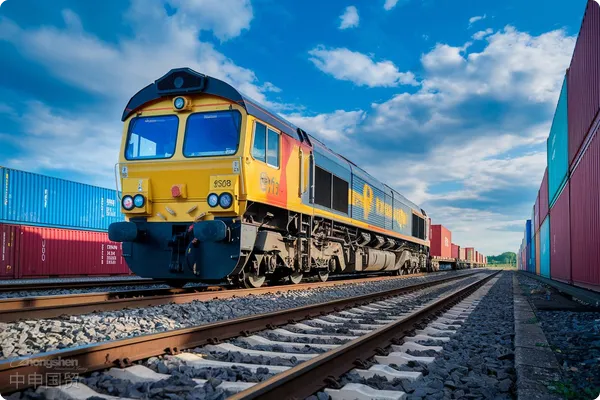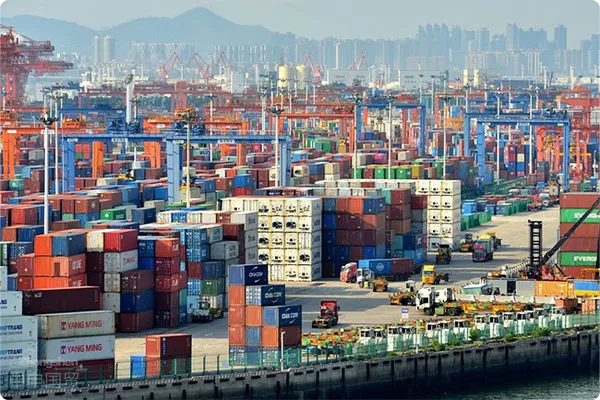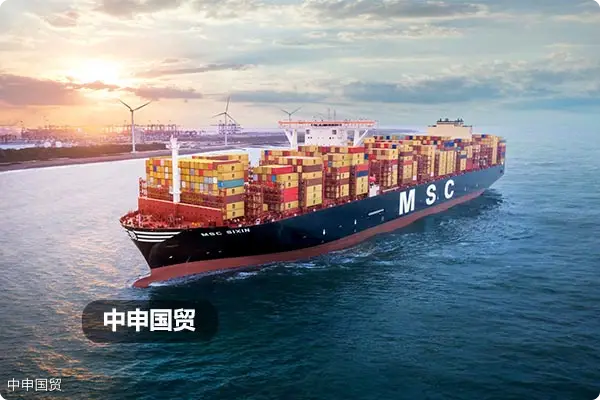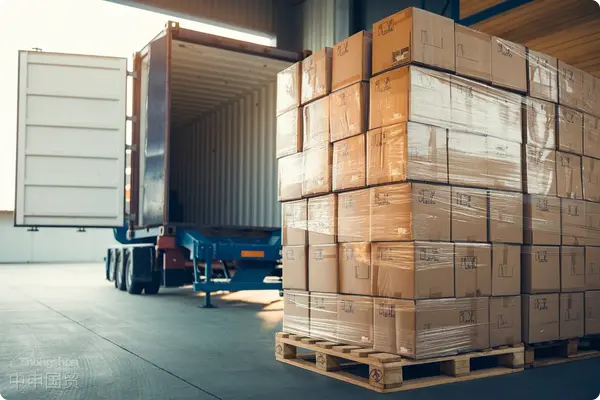- Shanghai Zhongshen International Trade Co., Ltd. - Two decades of trade agency expertise.
- Service Hotline: 139 1787 2118
In recent years, with the rapid development of consumer electronics products, the demand for lithium - ion batteries as core energy components has increased sharply. In order to better meet the railway transportation needs of consumer - type lithium - ion battery goods and ensure transportation safety, a new guiding opinion has been put forward based on the Regulations on the Safety Supervision and Administration of Railway Dangerous Goods Transportation and the List of Railway Dangerous Goods. The guiding opinion clearly states that under specific conditions, certain consumer - type lithium - ion batteries may not be transported as dangerous goods. This article will analyze in detail the specific content, impact, and significance of this new policy for lithium - ion battery manufacturers, railway transportation enterprises, and consumers.
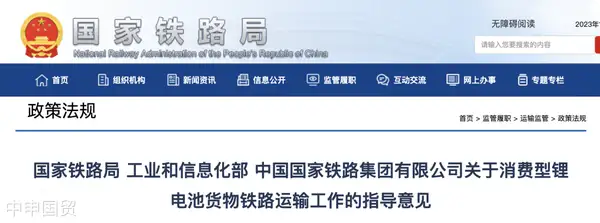
I. New Regulations for the Railway Transportation of Consumer - type Lithium - ion Batteries
Clarification of the Scope of Lithium - ion Battery Goods
According to the new policy, lithium metal batteries and lithium - ion batteries mainly used in consumer electronics products such as mobile phones, portable computers, and digital cameras may not be transported by rail as dangerous goods if they meet specific technical requirements, namely limits on lithium content and energy ratings. This regulation is of great significance for accelerating the circulation and distribution of consumer lithium - ion battery goods.
Setting of Technical Standards
The new regulations require that the lithium content of lithium metal batteries should not exceed 1g or 2g, and the energy rating of lithium - ion batteries should not exceed 20Wh or 100Wh. The setting of these technical standards aims to ensure the safety of rail transportation and also provides clear technical goals for battery manufacturers.
II. Standardizing Railway Transportation Conditions
Product Safety Testing and Appraisal
In accordance with the new policy, enterprises consigning consumer lithium - ion batteries need to conduct product safety testing and appraisal of rail transportation conditions. These tests and appraisals aim to ensure the safety of lithium - ion battery products during rail transportation, thus preventing possible safety accidents.
Strengthening of Packaging and Consignment Management
The rail transportation packaging of lithium - ion batteries should comply with the provisions of Railway Dangerous Goods Transport Packaging to ensure sufficient strength and safety. In addition, when submitting transportation demands, consignors need to provide detailed product information and safety commitments to ensure the safety of the goods.
III. Strengthening Railway Transportation Safety Management
Carrier Inspection and Transportation Organization
When carrying consumer lithium - ion batteries, railway transportation enterprises need to strengthen the training of relevant employees, strictly inspect the relevant materials submitted by consignors, and ensure the safety of the goods during transportation.
Emergency Management and Safety Supervision
At the places where lithium - ion batteries are loaded, unloaded, and stored, corresponding fire - fighting equipment and safety protection supplies must be equipped. In case of emergencies, railway transportation enterprises should take emergency measures in a timely manner with consignors or consignees. At the same time, the Railway Supervision Administration needs to strengthen the safety supervision of the rail transportation of consumer lithium - ion batteries.
IV. Service Guarantee and Policy Implementation
Policy Promotion and Service Optimization
Railway transportation enterprises should strengthen the publicity and interpretation of the new policy through various means to improve the publics awareness of the rail transportation conditions for consumer lithium - ion batteries. At the same time, enterprises need to optimize transportation services and improve the speed of goods delivery and service efficiency.
Establishment of Working Mechanisms and Daily Supervision
Relevant departments and railway transportation enterprises need to establish and improve working mechanisms, make overall arrangements for the rail transportation of consumer lithium - ion batteries, strengthen daily supervision and guidance, and ensure the effective implementation of the policy.
Related Recommendations
Contact Form
? 2025. All Rights Reserved. 滬ICP備2023007705號-2  PSB Record: Shanghai No.31011502009912
PSB Record: Shanghai No.31011502009912
